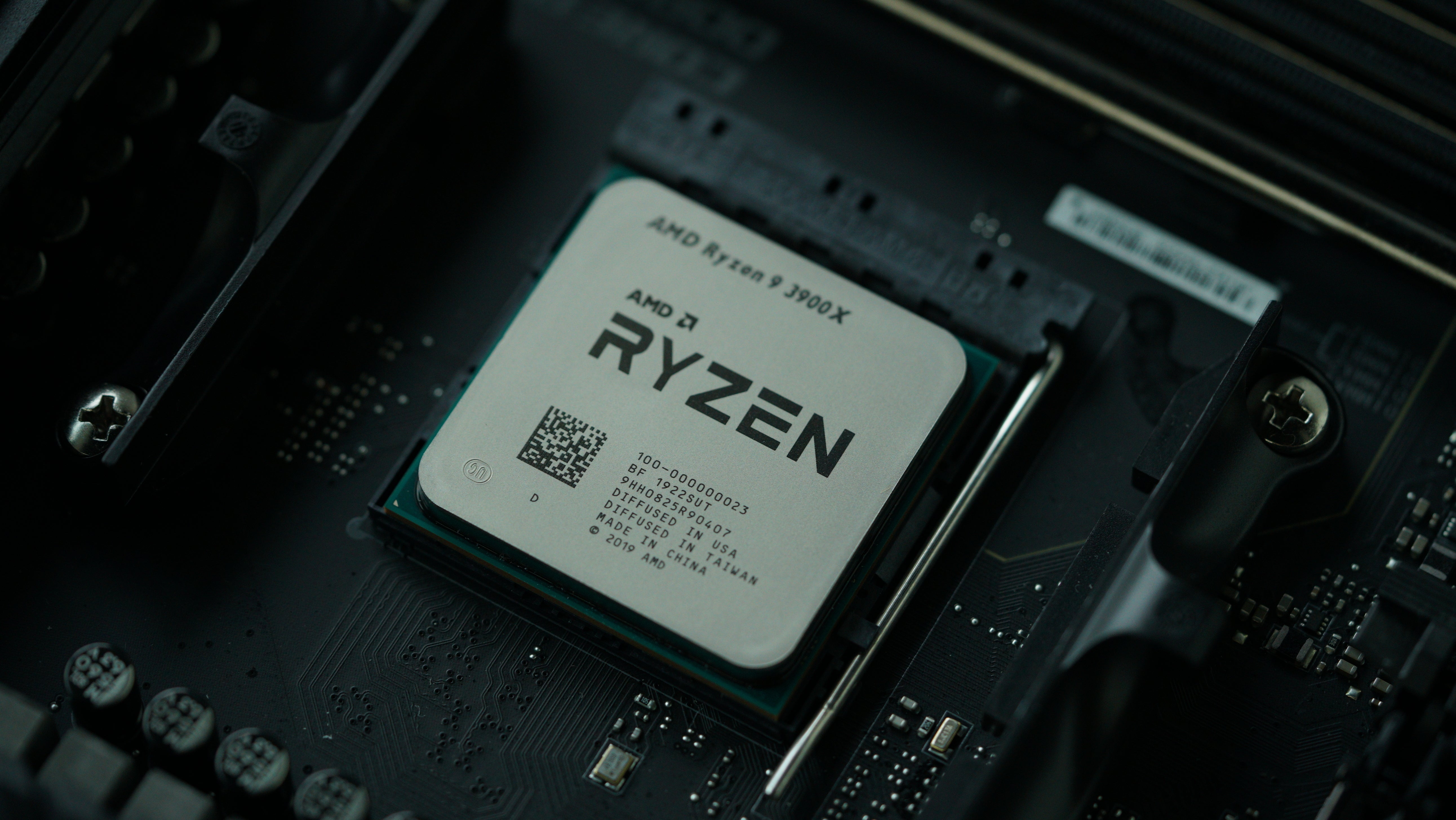

You might be happy running a couple of games to check your overclock is stable enough for your needs, while someone else might prefer to push it to the limits to ensure it's rock solid no matter what gets thrown at it. That is the point of stress testing software, though. You just want to be careful with your choice here- Prime95 (opens in new tab) is a popular CPU stress testing software but it can put your CPU under extreme duress, which may lead to some uncomfortable temperatures and voltages over time.

Some popular choices include: Cinebench R23 (opens in new tab), 3DMark Time Spy (opens in new tab), AIDA64 (opens in new tab), x264 HD, and a selection of today's popular and demanding games. It's also nice to have a benchmarking and stress testing software to hand to make sure your overclock is stable. Because that's what we're really doing it for, right?

Do this, and you will be able to see if your overclock at the end of this process is actually netting you any actual performance gain. If there's one thing I've forgotten to do all too often when overclocking my CPU, it's collect some performance figures before I start. Some peripheral software also offers this information (opens in new tab), so use whichever you find easiest to record temperature, power, and clock speeds. AMD's own Ryzen Master Utility (opens in new tab) is also a good pick. HWMonitor (opens in new tab) is our go-to, along with HWInfo (opens in new tab), MSI Afterburner (opens in new tab). In order to be sure your CPU is running at higher frequencies and doing so at an acceptable temperature, you'll need some form of monitoring software.

Most highly-rated liquid all-in-one coolers should do the trick, as will larger air coolers. That means you'll need a CPU cooler that can handle more than your chip's rated TDP. While it's unlikely you'll be able to push your CPU much further than its stated limits, overclocking will increase the power demands, and therefore thermal output, of your processor. Check out the best AMD motherboards (opens in new tab) for our recommendations if you need to pick one up. AMD supports overclocking on all of its Ryzen CPUs but not every motherboard does. That said, there are still a few things you'll need in order to get an overclocking up-and-running. What you need to overclock your AMD Ryzen CPUĪMD leaves the door wide open for gamers to overclock their Ryzen CPUs, and you'll find less stringent rules for overclocking compared to Intel's lineup.


 0 kommentar(er)
0 kommentar(er)
